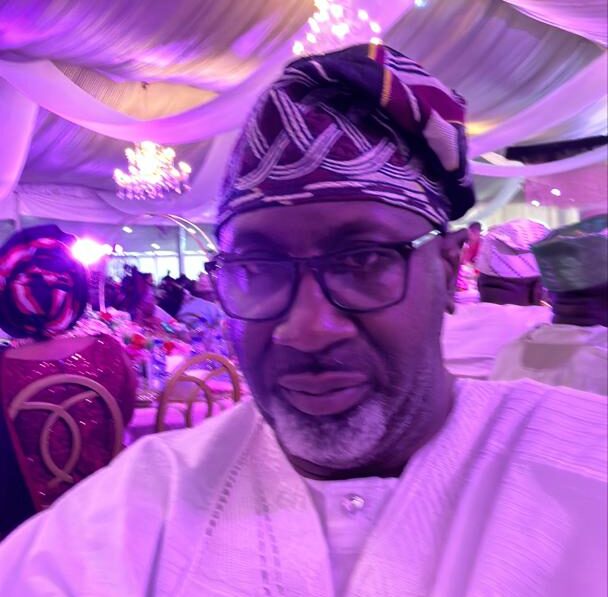A simple and positive rule to live by is treating others how you would like to be treated. However, in Nigeria, this rule may not always apply.
By Abayomi Odunowo
In life, there are many simple rules that can guide our actions and help us navigate the complexities of human interaction. One such rule is “If you wouldn’t like it done to you, don’t do it to others.” This principle, often referred to as the Golden Rule, is found in various forms in religions, philosophies, and ethical systems around the world. It encourages us to treat others with the same respect, kindness, and consideration that we would want for ourselves. However, in certain cultural and societal contexts, such as Nigeria, this rule may not always be as straightforward to apply.
Nigeria is a diverse country with over 250 ethnic groups, each with its own distinct customs, traditions, and values. The complex web of religious, cultural, and social dynamics present in Nigeria creates a unique environment in which the Golden Rule may be interpreted and applied differently. In some cases, the cultural norms and expectations in Nigeria may not align perfectly with the simple rule of treating others as we would like to be treated.
One area in which the Golden Rule may face challenges in Nigeria is in the realm of social hierarchy and power dynamics. Nigeria is a hierarchical society, with strong emphasis placed on respect for elders, authority figures, and traditional leaders. In such a context, the concept of reciprocity and mutual respect inherent in the Golden Rule may be challenged by the existing power structures and cultural expectations. For example, it is common for younger individuals to defer to their elders and show them a level of respect that may not be reciprocated in the same way. This asymmetrical power dynamic can complicate the application of the Golden Rule, as the expectations for respectful behavior may not always be balanced.
Additionally, Nigeria’s history of colonialism, political instability, and corruption has created an environment in which the Golden Rule may face obstacles. The widespread presence of corruption and nepotism in Nigerian society has led to a culture of “every man for himself,” in which individuals may feel compelled to prioritize their own interests over those of others. This can create a collective mentality that undermines the simple rule of treating others as we would like to be treated.
Furthermore, in the context of Nigeria’s diverse religious landscape, the Golden Rule may be interpreted and applied in different ways. While Christianity, Islam, and traditional African religions all promote principles of compassion, empathy, and justice, the specific cultural and religious practices in Nigeria may impact the application of the Golden Rule. For example, the complex interplay between religious beliefs and cultural traditions may influence how individuals understand and act on the principle of treating others with kindness and respect.
Despite these challenges, it is important to recognize that the Golden Rule still holds significant value in Nigerian society. While the application of this principle may be nuanced and influenced by cultural, social, and religious factors, it still serves as a guiding moral compass for many individuals in Nigeria. The basic idea of empathy, understanding, and compassion for others remains a universally recognized concept, even in the face of challenging social and cultural dynamics.
In conclusion, the simple rule of “treating others as we would like to be treated” is a fundamental principle that guides human interaction and behavior. In Nigeria, however, the cultural, social, and religious context introduces complexities that may impact the application of this rule. It is crucial to recognize the nuances and challenges present in Nigerian society, while also acknowledging the enduring value and importance of the Golden Rule as a moral guiding principle. By understanding the unique dynamics at play, we can strive to promote empathy, compassion, and respect for others in the diverse cultural landscape of Nigeria.
Media Contacts
Otunba Abdulfalil Abayomi Odunowo
National Chairman AATSG
URL: www.aatsg.org.ng
Tel: +2349053535322
Email: nchairman@aatsg.org.ng



